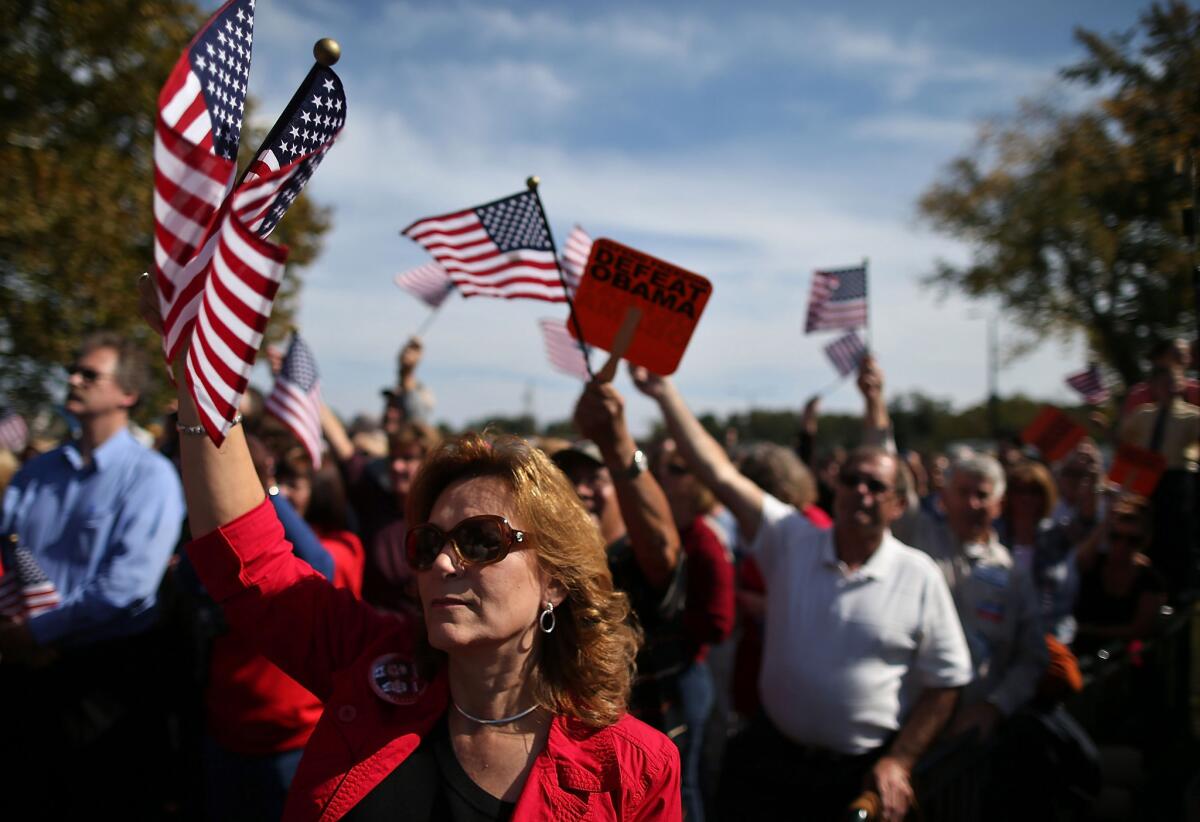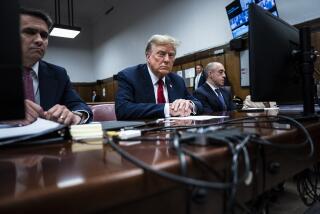Do undecided voters still matter?

How much benefit President Obama will garner from his improved performance at Tuesday night’s second presidential debate could depend heavily on the answer to a second question: Who was it that moved to Mitt Romney’s side over the last two weeks?
The often-heard answer to that question is that Romney’s strong performance at the first debate in Denver on Oct. 3 won over undecided swing voters. For months, those voters – or at least the ones in battleground states – saw a barrage of negative advertisements about Romney from Obama and his allies. When they saw the actual Romney on stage, he looked both more moderate and more competent than the caricature the opposition had created, and so they moved toward him, the theory goes.
If that theory is true, then gaining ground for Obama would probably require once again changing the minds of those undecided voters. That’s hard to do, so if that’s what was needed, then Obama shouldn’t expect much movement in the polls.
INTERACTIVE: Battleground states map
An opposing theory holds that Romney’s gains mostly did not come from winning over voters in the middle, but from energizing Republican and Republican-leaning voters who had grown discouraged about his campaign. That explanation holds that most of the uncommitted voters are undecided not about which candidate to support, but about whether to vote at all. Romney fired up those weak partisans, that theory says. At the same time, some Democratic-leaning voters grew discouraged over Obama’s poor performance.
If that’s true, then Obama’s task at the second debate was mostly to get his partisans excited again – something he clearly did, judging by the immediate, post-debate surveys. If shifts in partisan enthusiasm are the main driver of changes in the polls at this stage of the campaign, then Obama’s standing probably will rise by this weekend.
Current polling does not clearly answer those questions. Some evidence, however, does point toward partisan enthusiasm as the main force shifting the race. Gallup’s nightly tracking poll asks people about how certain they are to vote.
Comparing polls from before and after the first debate shows no evidence of significant groups of voters moving from one candidate to another. But the numbers do show a small, but notable, increase in the percentage of self-described conservatives who say they are certain to vote. Liberals and moderates remained steady. The percentage of self-described Republicans calling themselves “certain” moved up slightly while the percentage of Democrats declined.
PHOTOS: Memorable presidential debate moments
Moreover, both campaigns behave as though they believe motivating supporters matters much more than persuading the small number of remaining undecided voters. Obama’s talk during the debate about contraceptives and other reproductive rights issues, the discussion about immigration and the hard-edged tone of the exchanges all seemed aimed at showing a willingness to fight on issues that matter to parts of the Democratic coalition.
Whether the strategy worked won’t be known for several days. Reliable data on the impact of the second debate won’t be available until the weekend – just in time to be reinforced (or stepped on) by the third and final debate, which is scheduled for Monday.
Follow Politics Now on Twitter and Facebook
Twitter: @DavidLauter
More to Read
Get the L.A. Times Politics newsletter
Deeply reported insights into legislation, politics and policy from Sacramento, Washington and beyond. In your inbox three times per week.
You may occasionally receive promotional content from the Los Angeles Times.







